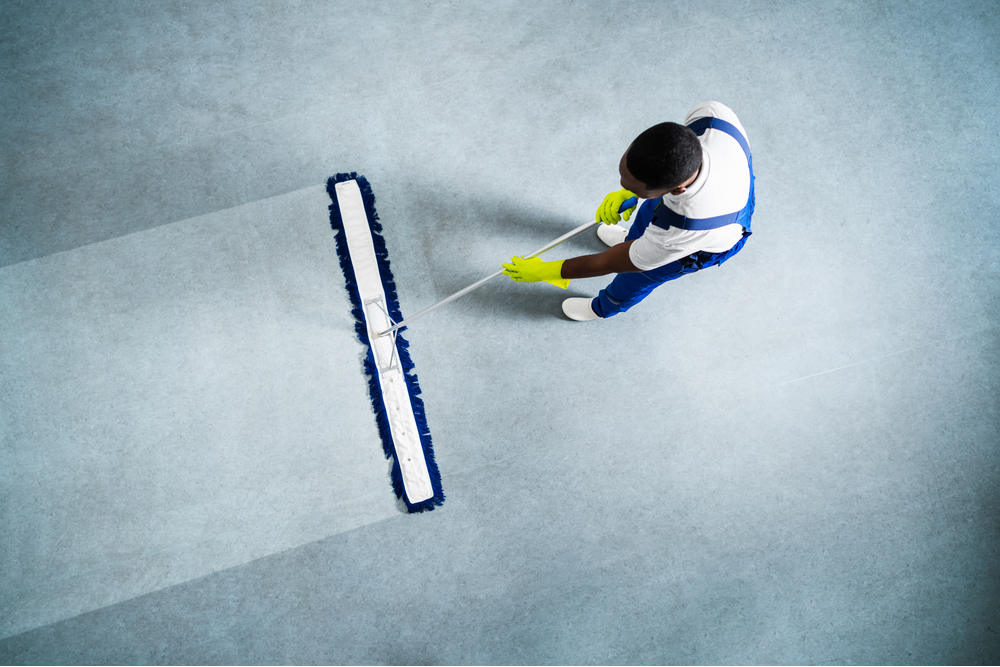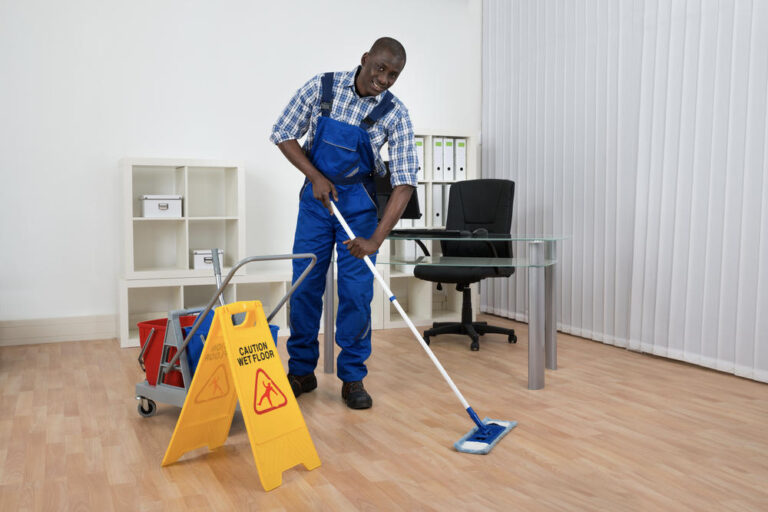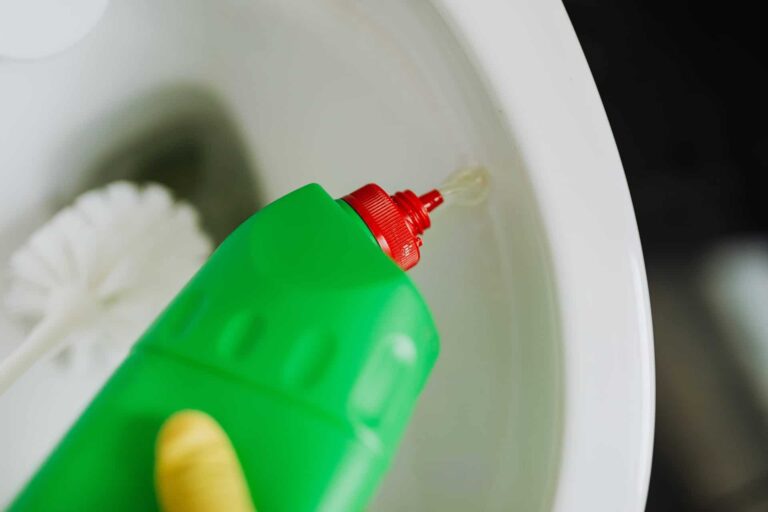A clean and well-maintained facility is not only more visually appealing, but it also plays a crucial role in ensuring the health and safety of employees, customers, and visitors. Regularly scheduled cleaning is essential for keeping commercial and industrial facilities in top condition, and it’s an important investment for any business.
Health and Safety Benefits
One of the most important reasons to schedule regular cleaning is to promote the health and safety of everyone in the facility. Dust, mold, and other contaminants can easily accumulate in commercial and industrial settings, causing allergic reactions, respiratory issues, and other illnesses. Regular cleaning can help remove these contaminants, as well as reduce the spread of germs and bacteria. This is particularly important in the current situation when the world is fighting with Covid-19.
Regular cleaning also ensures that fire safety regulations are met and that emergency exits and other safety features are not blocked. It also helps to ensure that safety equipment such as first aid stations are fully stocked, and that hazardous materials are properly stored and labeled.
Maintenance and Aesthetic Benefits
Regularly scheduled cleaning also helps to extend the life of equipment, machinery and surfaces by removing dirt and grime that can cause damage over time. It also helps to maintain the aesthetic appeal of the facility, which can be important for creating a positive first impression with customers and visitors. A clean and well-maintained facility also helps to promote a sense of pride and ownership among employees.
Cost Savings
Regularly scheduled cleaning can also help businesses save money in the long run. Failure to properly maintain a facility can lead to costly repairs or replacements, such as replacing damaged flooring or repainting walls that have become discolored due to neglect. Regular cleaning also helps to identify and address small problems before they become major issues, saving money on more costly repairs down the road.
Developing a Regularly Scheduled Cleaning Plan
To develop a regularly scheduled cleaning plan, it’s important to first assess the facility’s cleaning needs by conducting regular walkthroughs. This includes determining the appropriate cleaning frequencies for different areas of the facility, such as high-traffic areas that may need to be cleaned more frequently than low-traffic areas.
It’s also important to consider the different types of cleaning that need to be done on a regular basis, such as general cleaning, deep cleaning, and specialized cleaning. General cleaning includes tasks such as dusting, vacuuming, and sanitizing surfaces. Deep cleaning includes tasks such as cleaning walls, floors, and carpets, as well as more in-depth cleaning of equipment and machinery. Specialized cleaning includes tasks such as window cleaning and pressure washing.
It’s also advisable to work with a professional cleaning company to develop and implement a regularly scheduled cleaning plan. These companies have the knowledge, equipment and expertise to conduct a thorough cleaning, including the COVID-19 cleaning protocols, and can provide guidance on the best cleaning practices for your specific facility.
Evaluating the Effectiveness of a Regularly Scheduled Cleaning Plan
To evaluate the effectiveness of a regularly scheduled cleaning plan, it’s important to measure factors such as employee satisfaction, customer satisfaction, and facility appearance. If employees or customers are complaining about cleanliness, or if the facility is visibly dirty, then it’s likely that the cleaning plan needs to be adjusted.
Adjustments can include increasing the frequency of cleaning, focusing on specific areas of the facility that are not being cleaned effectively, or working with a different cleaning company. It’s also important to review the cleaning plan regularly to ensure that it is still meeting the needs of the facility


